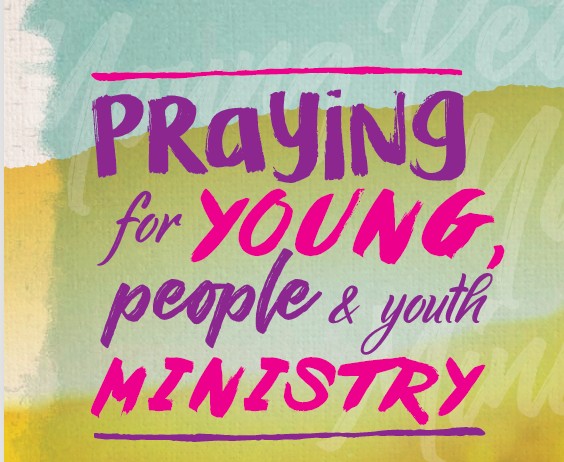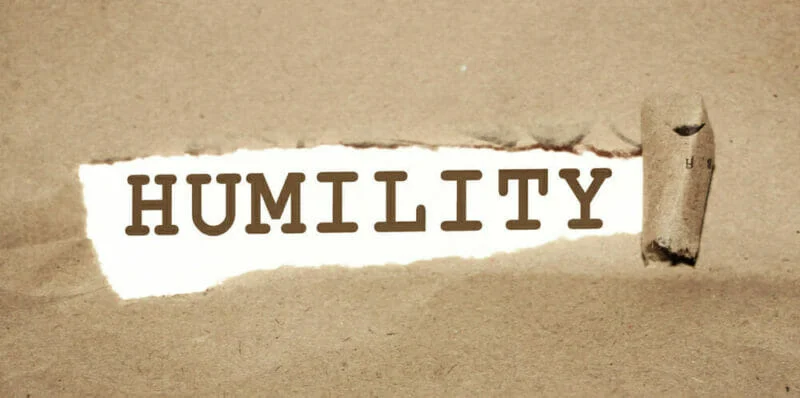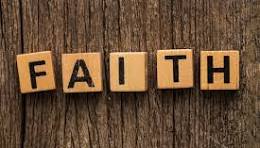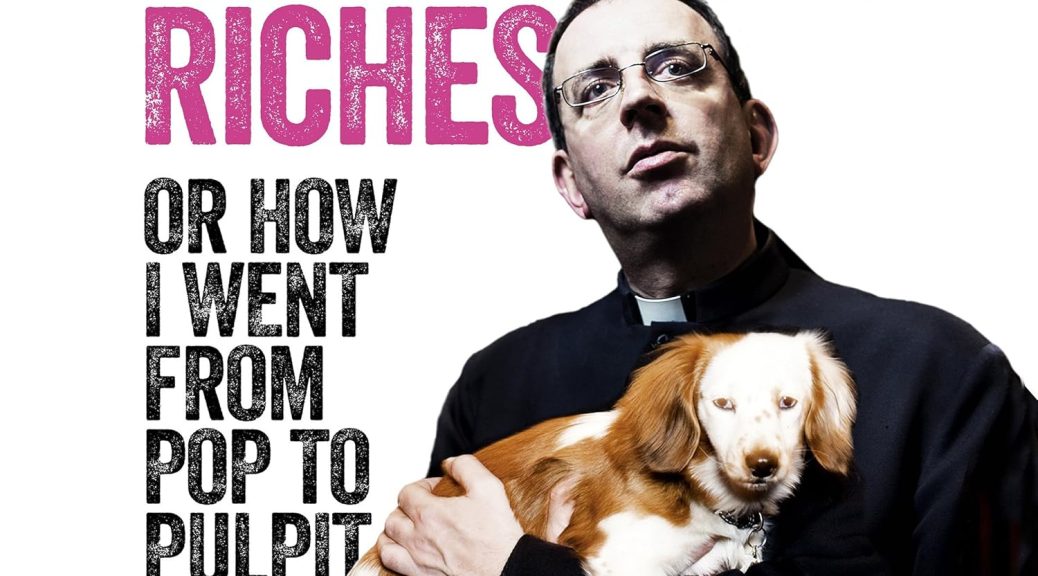Fathomless Riches (Or How I Went From Pop to Pulpit) by Rev. Richard Coles
Richard Coles is probably best known these days for his appearances on panel shows such as Have I Got News For You but of course he started off as a popstar in the band ‘The Communards’ along with Jimmy Sommerville although this autobiography would indicate that he was always the Ernie Wise to the Eric Morecambe something that bugged him dearly at the time as he was one half of the band. Of course, he was the geeky one who wore glasses playing the keyboards behind the singer.
This is a very frank story of Richard’s life from birth right up to him taking up his curacy in the Church of England. I guess you would describe his upbringing as being very middle class going to a fee paying school etc but this was not without it’s pitfalls and leaving him in hospital as a teenager for a short while.
He is a bit of a drifter but this book charts his experience as a gay man in the late 70s and early 80s when homosexuality had a reputation for being highly promiscuous, something to which Richard does not seem to have been immune from. However, this was also the time of the advent of AIDS which significantly changed some behaviours but not all. It is through this wandering life that he meets Jimmy Sommerville and together they form the Communards who have great success. This brings with it the fame and fortune and sadly, all the negatives that stardom brings to many. Richard is completely honest with the reader in the ups and considerable downs it brings and some may not find this an easy read. He also charts his many relationships and the decline of his working relationship with Jimmy. He does reinvent himself in radio presenting and works out what life is all about.
But of course, redemption comes, as he begins to dabble in Christianity. Naturally, he has struggles being a gay man and initially finds his home the Roman Catholic Church but overtime realises that perhaps it isn’t as tolerant as he thought and slowly transitions back to the Church of England where he finds a home. Through this he undertakes a degree in Theology and King’s College London which he enjoys and does well at. And then he follows his calling and seeks ordination. He goes through the Church’s selection process and is recommended for training. Given his love of the Anglo-Catholic side of Anglicanism he ends up training at Muirfield, a place where the ordinands walk around in cassocks and there is more of a monastic lifestyle. As you could imagine this is quite a change in lifestyle, one room instead of hotel suites, refectory food instead of fine dining and a cloistered life after running free.
It would be fair to say that he struggles with the training but the book finishes up with his ordination in what is known as the Boston Stump, really, St Boltoph’s in Boston, Lincolnshire. And oddly he is shown around the curate’s house by the then curate who happens to be someone I was a curate alongside.
Great read but challenging in places.
.






